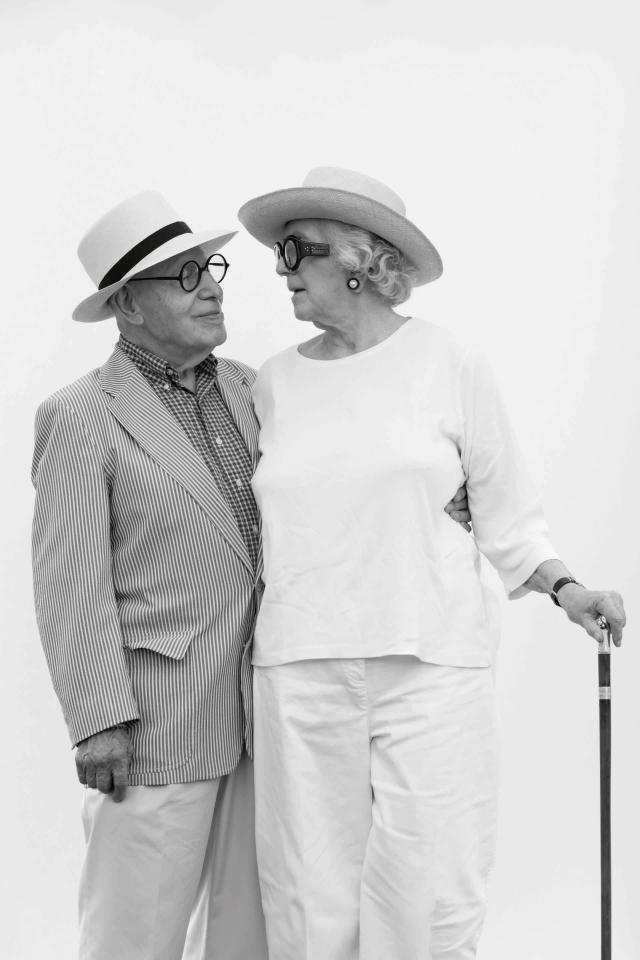Famed Evening Bag Designer Judith Leiber and Artist Husband Die Hours Apart

Judith Leiber, known around the world for her bejeweled and whimsical handbags, and her husband, Gerson Leiber, a noted abstract painter, died at home in Springs on Saturday.Their deaths came only hours apart, according to Ken Yardley of Yardley and Pino Funeral Home, which is handling arrangements. They were 97.Mr. Leiber, who died first, was found early Saturday. His wife passed away just a few hours later.The couple were married for 72 years. They had owned a house in Springs since the mid-1950s. On their Old Stone Highway property, they created the Leiber Museum, where they showcased Ms. Leiber's evening bags and Mr. Leiber's art and gardens that were open to the public.A private joint graveside service will be held on Monday. Ms. Leiber, a native of Budapest, Hungary, founded her handbag company in 1963, and began making small evening clutches adorned with Swarovski crystals and metal, called minaudières, in 1967. Their designs were based on familiar objects or the shape of animals, such as ladybugs or pigs, or foods, like watermelon and cupcakes. One of Judith Leiber's 3,000 minaudières The Leiber CollectionThey would become haute couture. On the shoulders or in the palms of women on the red carpet, inaugurations, and coronations, they were considered pieces of art, coveted by fashionistas, celebrities, royalty, and First Ladies. Queen Elizabeth, Greta Garbo, and Oprah Winfrey were photographed with them, and the bags were featured on television, in shows, such as "Sex in the City."Ms. Leiber sold her company in 1993 and retired from designing five years later at 77. Mr. Leiber’s paintings and drawings are in the collections of the Metropolitan Museum of Art and the Smithsonian.The former Judith Peto met Mr. Leiber, an American soldier stationed in Hungary during World War II. They settled in Brooklyn, his hometown. "Of their many generous gifts, they recently donated a 19th-century etching press to the Thomas Moran house," said Terry Wallace, an East Hampton gallery owner who arranged for the donation. "They will be greatly missed by all of us."This is a developing story.
